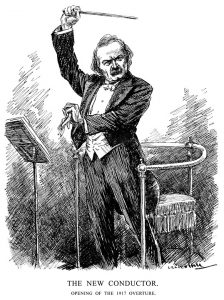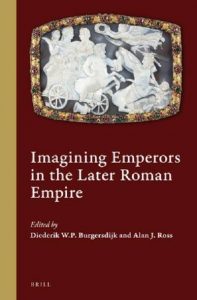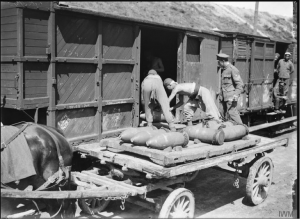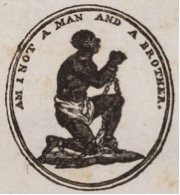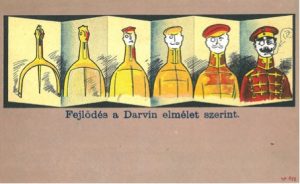
Translating Darwin, Translating History
The history of science and of scientific knowledge offers lessons in many ways of thinking about the world we live in, past and present, scientific and beyond. Katalin Straner, Lecturer in Modern European History at Southampton, is writing a book on the translation and reception of Darwinism and evolutionary theory in nineteenth-century Hungary and the Habsburg Empire.
Continue reading →


